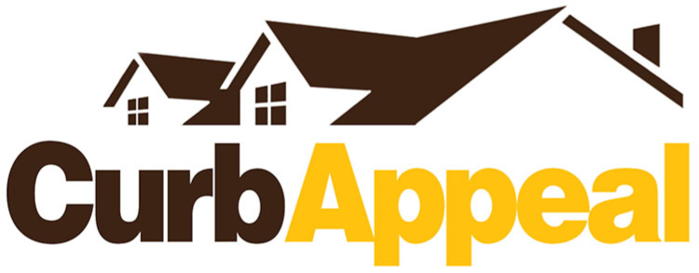Photo: JenkoAtaman / Adobestock

A seller's market happens when there are more homebuyers than houses for sale. This inevitably leads to more than one person being interested in the same home, and bidding wars will ensue. It is a great scenario for the seller but not so much for the buyer. High demand drives up housing prices while decimating a buyer's ability to negotiate.
If you need to buy during a seller's market, be prepared to miss out on the first—and possibly second and third—house you want. Expect to pay more than the asking price. Expect to go against multiple offers. However, as daunting as this sounds, you can land a great house at a price you can afford if you follow these expert tips.
Come Prepared
Get preapproved with a lender before starting your homebuying search. Having a letter of preapproval shows that your creditworthiness and financial stability have already been proven and that you're ready to move forward with securing a mortgage.
Don't Offer Below Asking Price
You don't hold the cards in a seller's market. Offering less than the asking price is likely going to cost you the home. Come in with at least the asking price and consider offering slightly more. Even 1% to 3% above asking may catch a seller's eye and will have little impact on your bottom line financially. With this in mind, it's a good idea to look at houses slightly below your budget.
Don't Ask for Favors
Love the furniture in the dining room? Forget about it. Want the eaves repainted? Prepare to do it yourself. This isn't the time to ask for extras. When a seller is getting multiple offers, the one with a bunch of requests will most likely get dismissed.
Consider Dropping Contingencies
Contingencies—such as making an offer dependent on the appraisal or inspection—allow you to back out of an agreement in the event of a surprise. The fewer contingencies in your offer, the better it will look to a seller. Doing this carries some risk, especially when it comes to the inspection, so weigh your options carefully.
Increase the Amount of Your Earnest Money Deposit
Earnest money is a deposit that shows your commitment to buying the house after your offer has been accepted. Offering more than the typical 1% to 3% of the purchase price can solidify your sincerity. This money will ultimately be used to cover closing costs, with any remainder applied to your down payment on the house. Make sure you are truly committed to buying the house, though. If you back out, you will likely forfeit your earnest money.
Give the Owners Extra Time to Move Out
If you are able to, add a clause to your offer that allows the current owners a little extra time to move out. Everyone knows moving can be very stressful. Giving them an extra week or two could actually be the thing that makes them choose your offer over another great offer.
Looking to buy a home? An experienced agent's knowledge is indispensable. If you need a seasoned professional to help you navigate the current market, contact me today.











